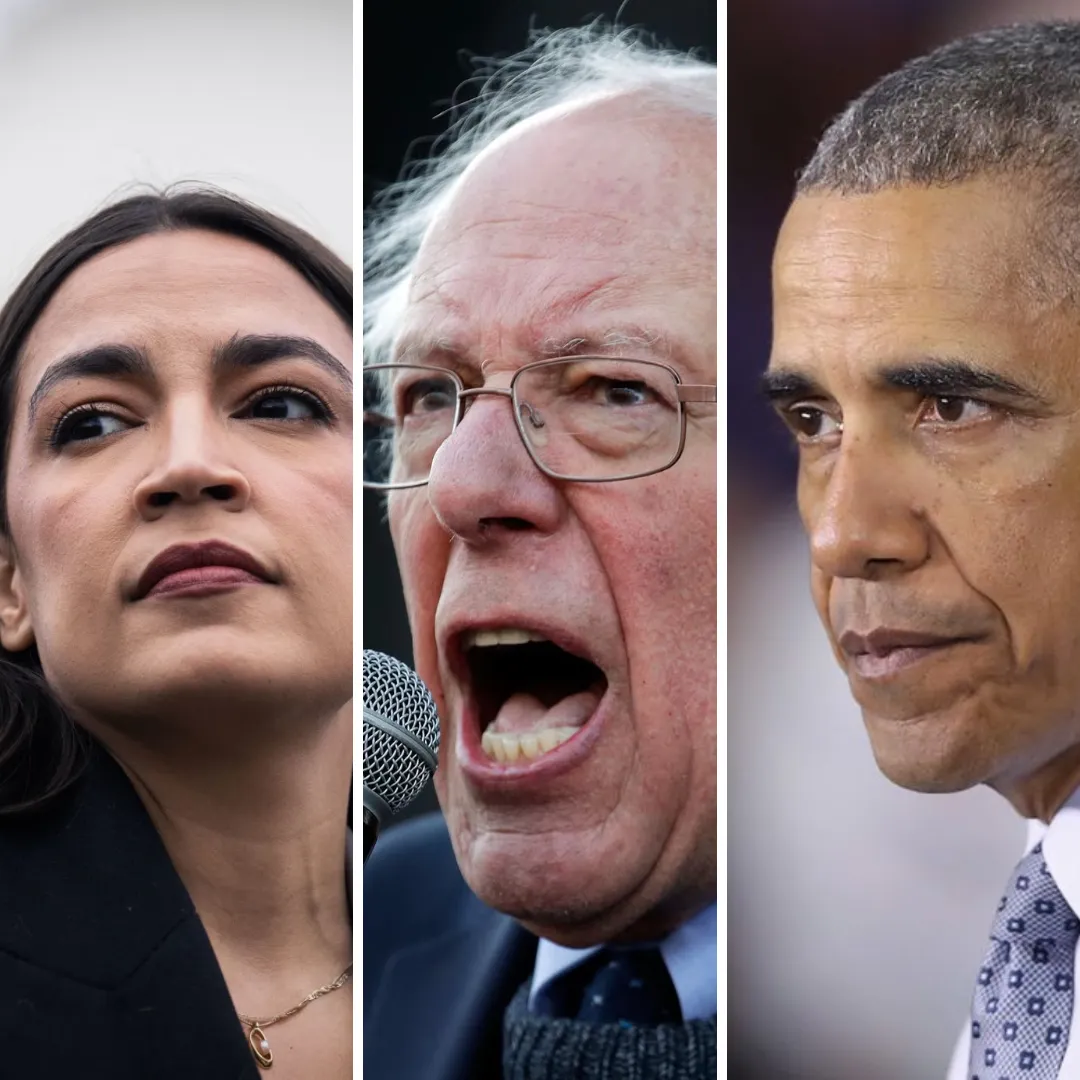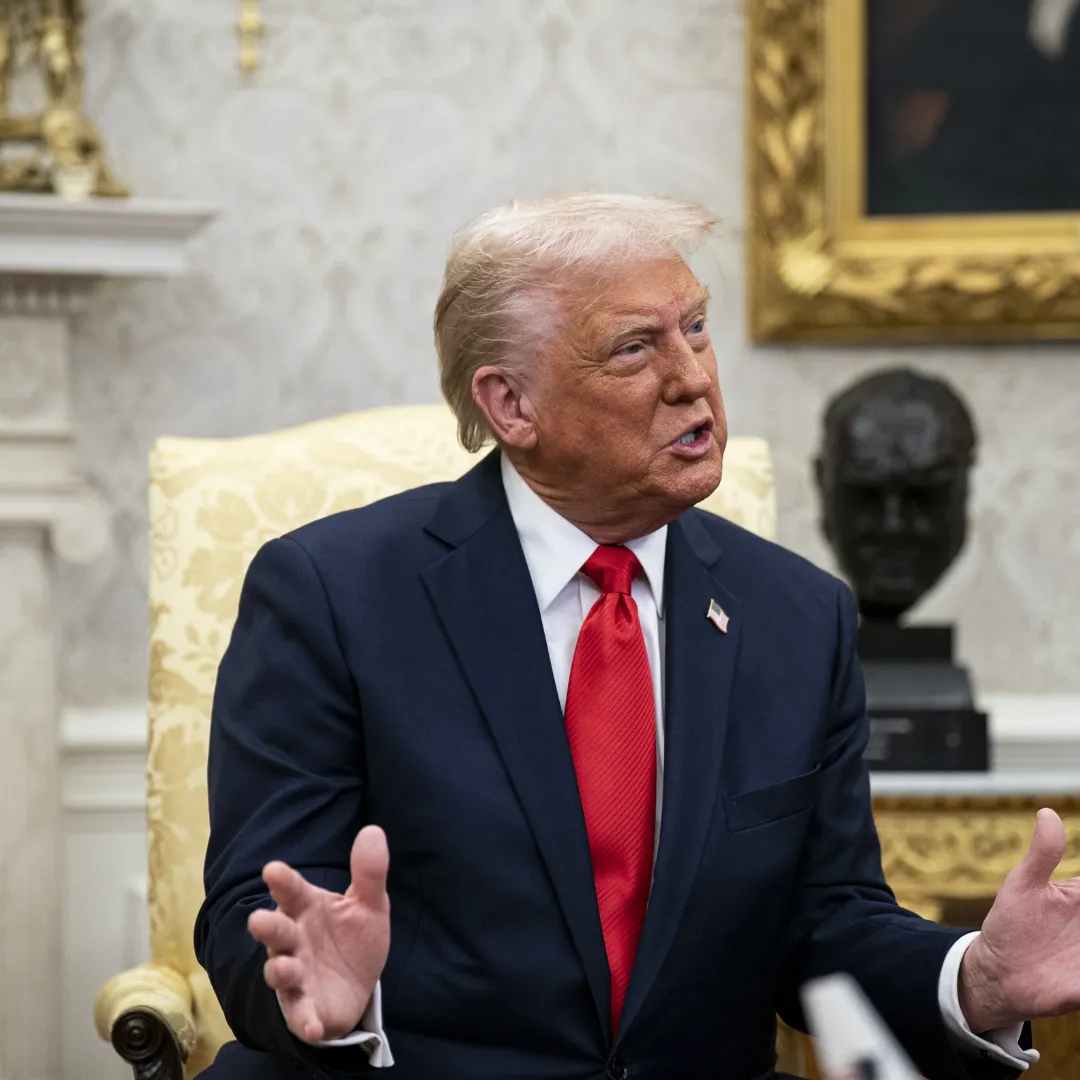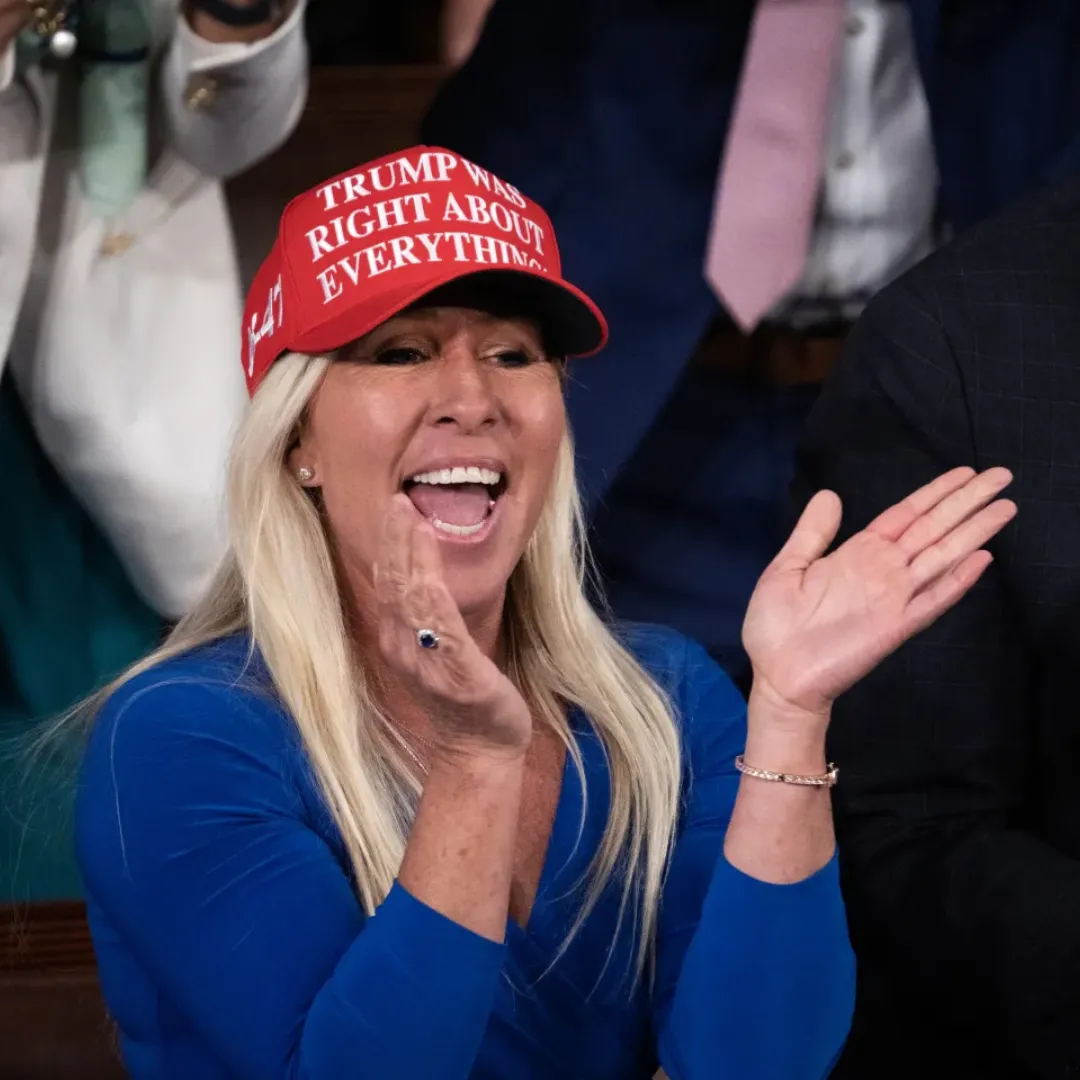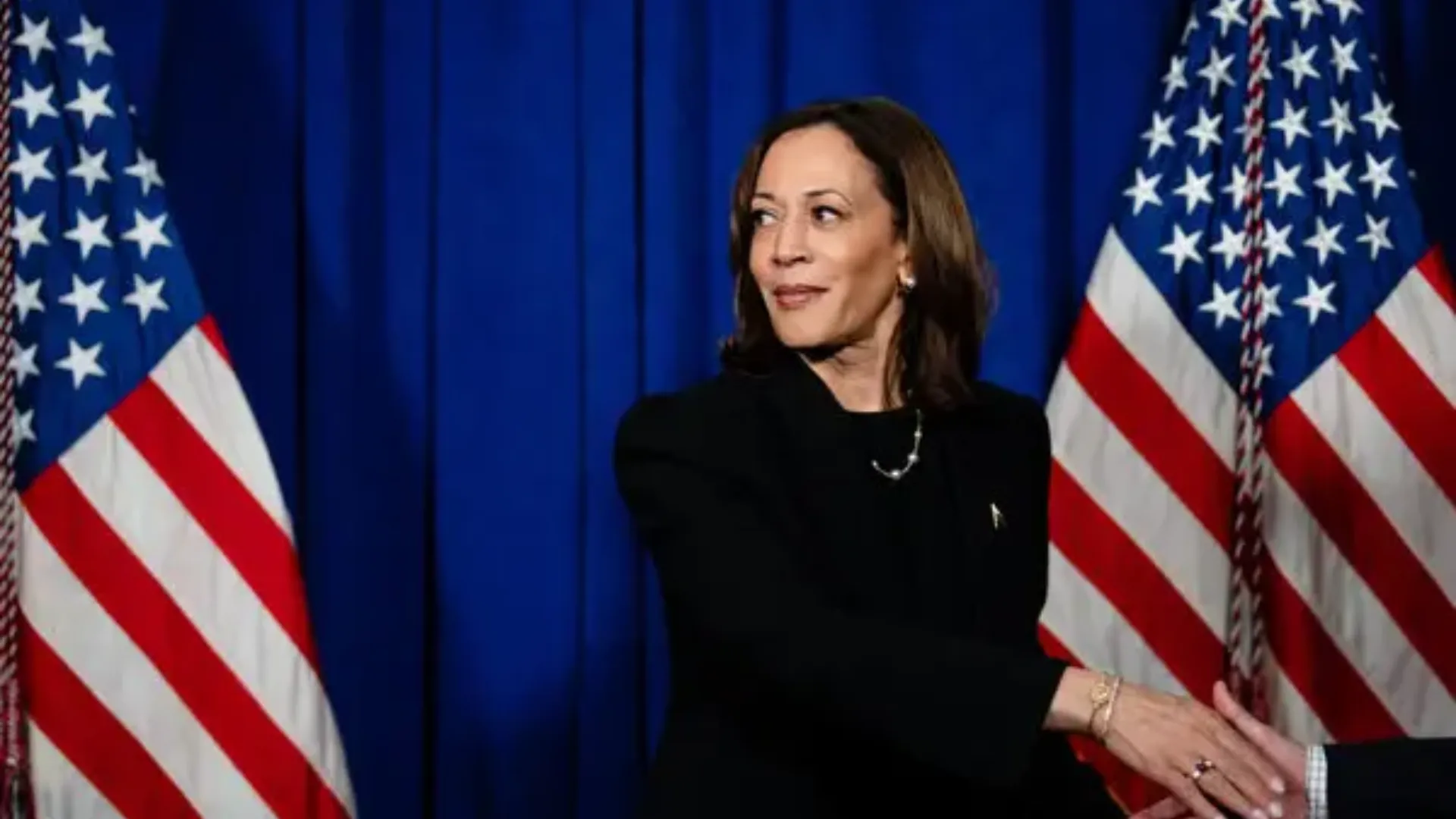
In a significant development over the weekend, a Wisconsin judge denied the state attorney general’s request for an emergency injunction aimed at halting Elon Musk’s controversial actions in the state’s Supreme Court election.
Musk, the billionaire CEO of Tesla, has stirred political debate with his plan to pay two voters $1 million each for opposing “activist judges” in the upcoming election.
The saga unfolded against the backdrop of a highly contentious race for an open seat on the Wisconsin Supreme Court, a contest that has pitted Republican candidate Brad Schimel against the liberal Susan Crawford.
Musk, a well-known supporter of conservative causes and political figures, has publicly endorsed Schimel, who has taken a strong stand against the growing influence of what he calls “activist judges.”
The election for this key position has national implications, as the Wisconsin Supreme Court is currently at an ideological impasse, with a 3-3 split on its bench. The outcome of this election could tilt the balance of power in favor of either conservative or liberal interests for years to come.
Musk’s move to offer significant financial rewards to individuals in Wisconsin who support his political views is both unconventional and provocative. Musk announced that, in addition to his endorsement of Schimel, he would host a rally in the state on Sunday night.
At the rally, he pledged to hand out $1 million checks to two people who had actively spread his anti-“activist judges” message. This offer extended beyond his usual supporters, reaching out to voters who had signed a petition opposing the current judicial establishment in the state.
 “I will personally hand over two checks for a million dollars each in appreciation for you taking the time to vote,” Musk stated in a now-deleted post on his social media platform, X (formerly Twitter).
“I will personally hand over two checks for a million dollars each in appreciation for you taking the time to vote,” Musk stated in a now-deleted post on his social media platform, X (formerly Twitter).
“This is super important,” Musk added, urging people to participate in the election. Later, in a follow-up post, he clarified that the event would be open to those who had signed the petition against “activist judges,” with the reward being offered to two spokespeople who would help promote the cause.
While Musk’s actions have attracted attention for their unconventional nature, they have also raised significant legal concerns.
The Wisconsin Department of Justice, led by Attorney General Josh Kaul, quickly moved to challenge Musk’s offer. Kaul, a Democrat, argued that Musk’s actions were not only unethical but also potentially illegal under Wisconsin state law.
According to Kaul, Musk’s offer to financially reward voters for their support in the election could be considered an illegal attempt to influence voting behavior through financial incentives.
Wisconsin law is clear on this matter: offering anything of value to an elector in order to influence their vote or decision to vote is prohibited.
The state’s legal framework aims to prevent any form of coercion or manipulation of the voting process, ensuring that elections remain free, fair, and uninfluenced by outside financial interests.

In response to Musk’s announcement, Kaul filed a request for an emergency injunction, hoping to block Musk’s payments before they could be distributed.
Kaul’s legal team argued that Musk’s actions were a clear violation of state law, and they requested that the court take swift action to prevent Musk from following through with his plan.
However, despite the urgency of the request, the case was assigned to Columbia County Circuit Court Judge Andrew Voight, who ultimately ruled against the emergency injunction.
Judge Voight’s decision was seen as a significant victory for Musk, who has made it clear that he intends to proceed with his rally and distribute the promised funds.
“The Department of Justice is committed to ensuring that elections in Wisconsin are safe, secure, free, and fair. We are aware of the offer recently posted by Elon Musk to award a million dollars to two people at an event in Wisconsin this weekend,” Kaul said in his statement following the ruling.
“Based on our understanding of applicable Wisconsin law, we intend to take legal action today to seek a court order to stop this from happening,” he added, emphasizing his commitment to protecting the integrity of the electoral process.
Despite this setback, Kaul’s office has vowed to appeal the decision, hoping to prevent Musk’s influence on the election in the coming days.
For now, though, Musk is free to go ahead with his rally, where he plans to speak to the residents of Wisconsin and distribute the financial rewards.

The Wisconsin Supreme Court election is already one of the most contentious in the state’s history. The race pits Schimel, a former Republican attorney general, against Crawford, a liberal candidate with strong ties to progressive causes.
With the court currently split evenly between conservative and liberal justices, this election has taken on a significance that extends far beyond Wisconsin’s borders.
The outcome could set the tone for future legal battles on issues like abortion, voting rights, and redistricting in the state.
In this context, Musk’s involvement in the election has raised eyebrows. His financial offer to voters, though framed as a gesture of support for Schimel, is seen by many as a step too far in attempting to influence the outcome of the race.
Critics argue that Musk’s actions amount to nothing more than a blatant attempt to buy influence and sway the election in favor of the conservative candidate.
“It’s one thing to endorse a candidate; it’s another to offer financial incentives to people who are already participating in the election,” said Taffy Howard, a Republican state senator who has been outspoken against Musk’s move. “It sends the wrong message about the integrity of our elections.”
However, Musk’s defenders argue that his actions are within his rights as a private citizen and that he is merely exercising his freedom to express political opinions and encourage others to get involved.

Musk has long been an outspoken supporter of conservative causes, and his endorsement of Schimel is in line with his broader political beliefs.
For Musk, the stakes are high. He views the election as a crucial moment to push back against what he perceives as an activist judiciary that has overstepped its bounds.
The implications of Musk’s involvement in the election extend beyond the immediate legal challenges. At a larger level, his actions raise important questions about the intersection of money and politics in American democracy.
Critics have long argued that wealthy individuals and corporations have an outsized influence on the political process, and Musk’s latest move only adds fuel to that fire.
By offering large sums of money to encourage voters to take action in an election, Musk is putting the spotlight on the influence of money in politics.
The practice of using financial incentives to influence voting behavior is deeply controversial, and some argue that it undermines the integrity of the democratic process.
Moreover, Musk’s involvement in Wisconsin’s Supreme Court race is not an isolated incident. His involvement in past political campaigns, particularly his financial support of Republican candidates, has raised similar concerns.
During the 2020 presidential election, Musk used his America PAC to make similar payments to voters who supported President Trump, sparking a similar backlash from Democrats and watchdog groups.

As the battle over Musk’s payments continues, the broader question remains: What does this mean for the future of Wisconsin’s elections and American democracy as a whole?
If Musk is allowed to continue making payments to influence voters, it could set a dangerous precedent for future elections across the country. Critics argue that such practices could become more widespread, undermining the principle of fair and free elections that is fundamental to the democratic system.
The outcome of this legal battle will have far-reaching implications, not only for the Wisconsin Supreme Court election but for future political campaigns.
As the case moves forward, it will likely spark debates about the role of money in politics, the power of private citizens to influence elections, and the importance of protecting the integrity of the electoral process.
For now, Musk remains undeterred by the legal challenges and is set to proceed with his rally, despite the growing controversy surrounding his actions.
However, the scrutiny he faces from both legal authorities and the public suggests that his involvement in the Wisconsin Supreme Court election could have lasting consequences.

Whether his push for influence in this election will be successful or lead to further legal battles remains to be seen, but one thing is clear: Musk’s move has sparked a national conversation about the role of money in politics and the integrity of America’s electoral system.



